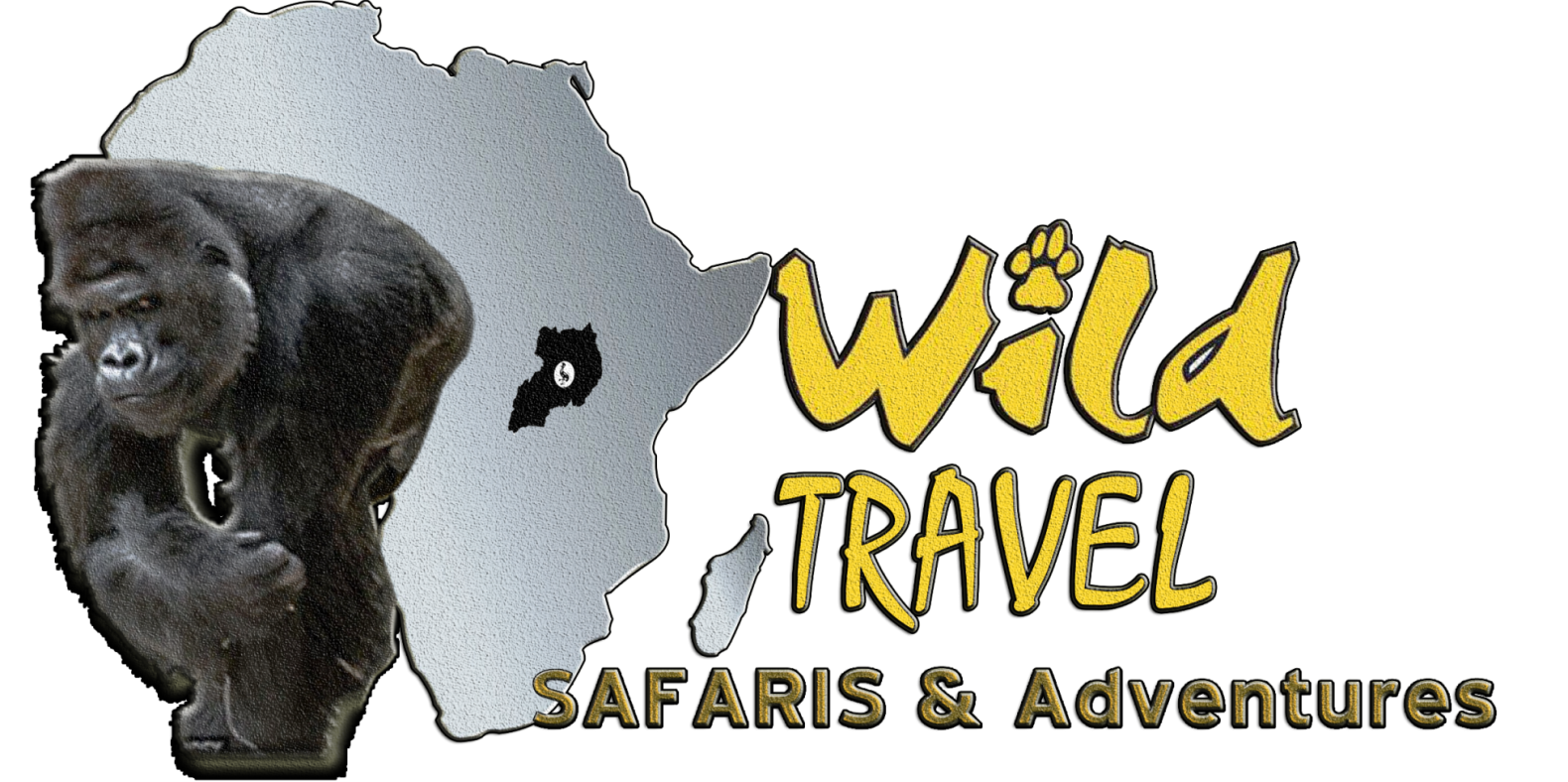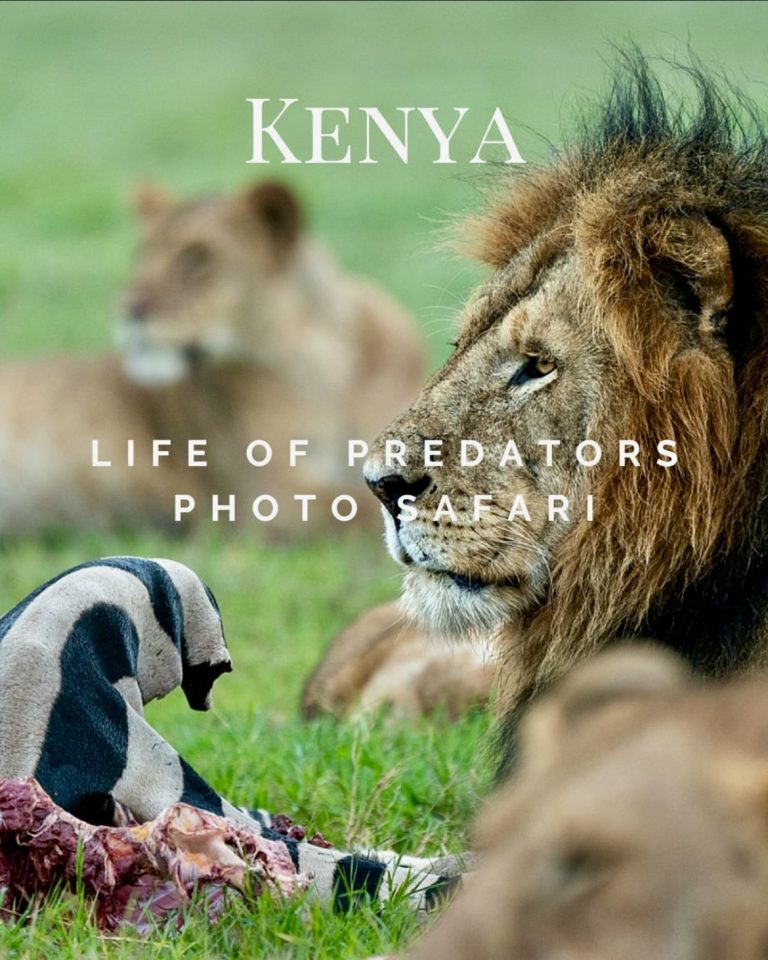Rwanda Slashes Gorilla Permit Fees to Boost Tourism
Rwanda Slashes Gorilla Permit Fees to Boost Tourism | Focus
To boost tourism in Rwanda, Rwanda Development Board RDB) has announced a dramatic reduction in the cost of gorilla trekking permits. The permit fees for gorilla trekking are now reduced from $1500 to $500 for foreign residents. So Rwanda Slashes Gorilla Permit Fees to Boost Tourism
Gorilla permits for Africans outside the East African Community will now cost $500 while gorilla trekking permits for East Africans will cost $200 per person. This is expected to boost Rwanda’s tourism sector and make gorilla trekking more accessible to a wider range of tourists.
The move is part of a wider effort by the Rwandan government to make the country a more attractive destination for tourists. Rwanda’s tourism industry was badly affected by the coronavirus pandemic and the government is now attempting to stimulate the sector.
The reduction in gorilla permit fees is also expected to benefit local communities living close to the Volcanoes National Park Rwanda. By making gorilla trekking more affordable, the government hopes to increase the number of visitors to the country and boost the income of local communities who have traditionally benefited from gorilla tourism in Rwanda.
The move is also likely to have a positive impact on Rwanda’s endangered mountain gorilla population. By increasing the number of visitors, the government hopes to raise awareness of the plight of the mountain gorillas and generate more funds to protect them.
Close to a decade ago, mountain gorillas were among the critically endangered wildlife species but due to gorilla trekking, more awareness has been created to support the conservation efforts of the mountain gorillas.
The money that comes through the gorilla trekking permits has also immensely contributed to the change of mindset among the local communities. Today, mountain gorillas are some of the most valued wildlife species in Rwanda. Poaching is no longer so much a threat as it used to be simply because of the mindset change courtesy of gorilla tourism in Rwanda. Rwanda Slashes Gorilla Permit Fees to Boost Tourism
Pre-covid-19, the Rwanda gorilla trekking permit used to cost $1500 regardless of the person’s nationality. But with this new offer, gorilla trekking will be more accessible to people within the East African community as well as Africans and foreign residents within the continent.
Terms and Conditions for the New Rwanda Gorilla Permits Discount Offer
- All promotional gorilla trekking permits for the period between June and September (Commonly known as the peak season) must be purchased at least a month in advance before the desired gorilla trekking date.
- A passport is required to identify your citizenry when purchasing the gorilla trekking permits.
- Foreign residents are required to present their work permits on top of their passports when purchasing the gorilla trekking permits.
- The discount offer is not available for tourists that fall under the category of foreign non-residents. These are people whose citizenry is outside the African continent and they do not have a work permit for Rwanda.
How to book your discounted Rwanda gorilla trekking permit
- Choose your preferred gorilla trekking date (must be at least 5 weeks away from your present date)
- Contact a tour operator with your preferred gorilla trekking date and the easiness of the trekking terrain you prefer. Alternatively, you can contact the Rwanda Development Board
- Share your passport details with the tour operator
- Share your work permit in case you are a foreign resident
- Send the gorilla trekking permit money to the shared account details
- Receive a permit confirmation from the tour operator via mail
Overall, Rwanda’s decision to reduce gorilla permit fees is expected to have a positive impact on the country’s tourism sector and its mountain gorilla population. With the hope of more tourists visiting the country and more funds generated to protect the endangered species, the government’s move seems to be well thought through. Rwanda Slashes Gorilla Permit Fees to Boost Tourism

